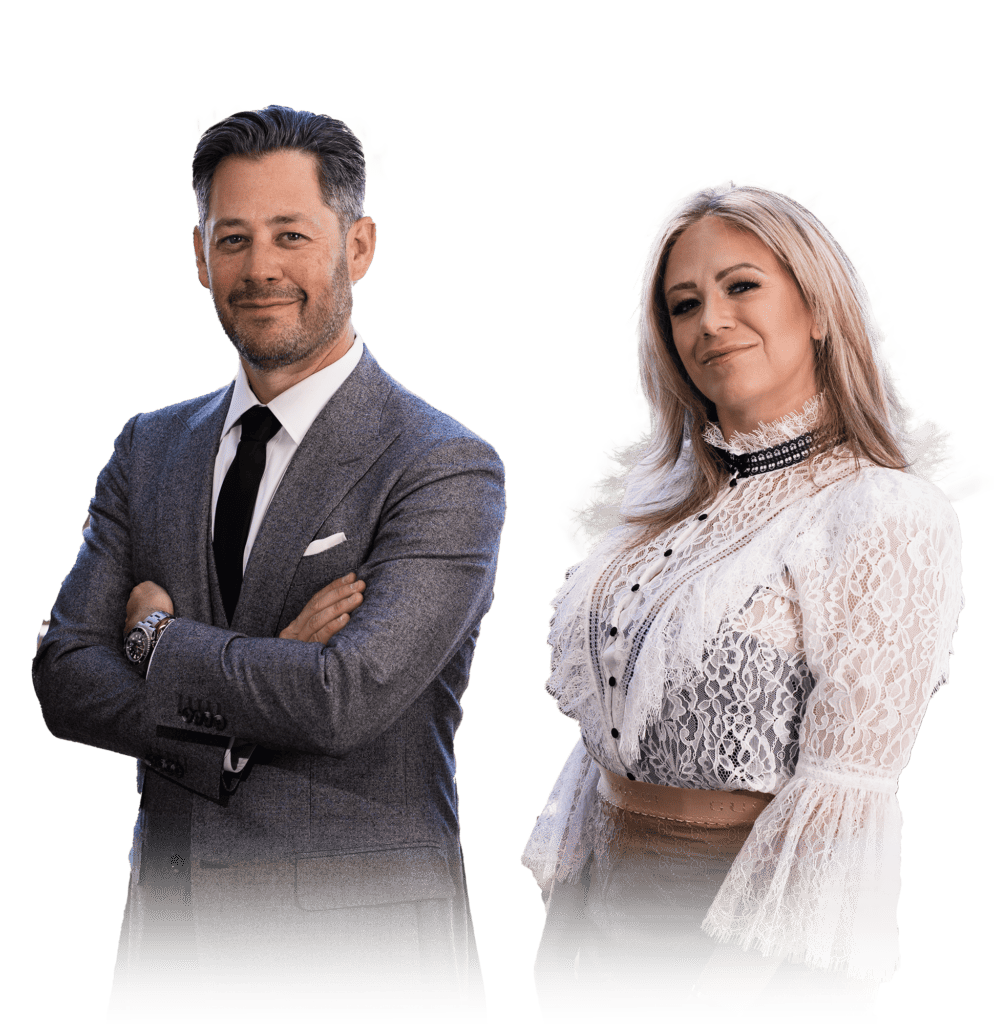Judge Judy and Your Case
I’m a huge Judge Judy fan and I think there is a ton lawyers should learn from her courtroom antics. The AP had an interesting piece today about Judge Judy’s universal appeal and continued great ratings. Judge Judy combines the audience’s desire for entertainment and legal drama, all while steering toward justice.
Lawyers Should Learn from Judge Judy
There is no doubt, the American people love legal drama. The domination of courtroom TV during the daytime and legal dramas like Law and Order and 48 Hours at night proves that. The major mistake lawyers make is thinking juries want something different. After all, juries are supposed to be a representative slice of the community. Juries want to be entertained, they want objections, they want witnesses to cry, they don’t want lawyers reading off notepads, and they love when the Accused testifies.
Judge Judy uses the best strategy a trial lawyer has… She uncovers the motives, biases, and interests of the parties. She generally cares less about the actual claim and more about why they’re in the courtroom or what motivates them to testify as they do.
The truth is, people falsely testify all of the time. Some might actually be intentionally lying, some misremember, some convince themselves it’s the truth. I got over it a long time ago. I first saw it when I was working with a 14 year old victim as a prosecutor. She was so conflicted about what the right outcome was, she couldn’t be trusted to tell you the sky was blue. Her juvenile attitude is no different than what I see every day, people trying to manipulate justice to what they think is right. In that case, justice was done and the Accused pleaded guilty. But how do you prevent an injustice if witnesses can’t be trusted?
Again, Judge Judy does it every day. If the case is about what color the traffic light was at the time of the accident, the questions shouldn’t focus on what each person says they saw, it should be about why they’re saying it. What do they have to gain and what do they have to lose? It should also be about how they say they saw it. It’s easy to claim you’re a witness, but if the logistics don’t make sense, you can’t believe it.
Judge Judy and Sexual Assault Cases
Yesterday, Judge Judy had a case where the plaintiff was suing for false prosecution. He claimed the female defendant unreasonably had him arrested for the molestation of her 4 year old son. He looked creepy and she looked well put together. Judge Judy did what the cops didn’t, she found the woman’s motive. You see, this guy was the neighbor of her child’s father. And there was a custody dispute. And child services said there was no evidence of abuse. And even after that, she had this guy she didn’t even know arrested. The woman crumbled, not under the questioning about the facts of the case (she put on a good show with those questions), she crumbled under the questions of motive and the consistency of surrounding facts.
The same is true in sexual assault cases. There is no way to prove beyond a reasonable doubt any sexual assault case based only on the testimony of what actually happened. It’s all about the surrounding facts. It has been established by the forensic psychology community that false allegations of sexual assault can be motivated by the most benign facts. I would argue, it’s most often about covering up an affair from another lover. But it can be far more petty. In any case, it’s about effectively challenging those motives.
The jury wants to see it. They’re thinking it. So often, I hear attorneys decide to lay off a victim or key witness because they’re emotional and don’t want to offend the jury. But that is the quickest way to lose a case. It tells the jury you believe the witness, and they should too. There is always a motive to lie. As a prosecutor, I spent most of my time discovering what those motives were and making it a part of my case, and was very successful in winning because of that. As a defense counsel it’s what my cases generally come down to. And just like Judge Judy, my cases rarely are decided on what is said, but rather, how and why it is said.
If you have an attorney that doesn’t care about the how and why I think you’re in trouble. Cross-examining witnesses isn’t a class that’s mandatory in law school, most lawyers try to figure it out years later by reading a book. And most lawyers will tell you how much they hate Judge Judy because it’s fake — it’s their loss.






National Military Law Experts